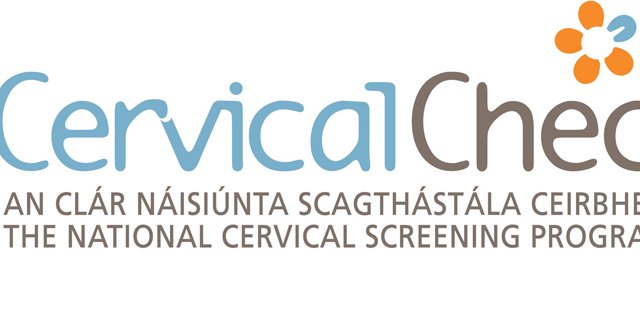More than 30,000 calls to the helpline, which was set-up in response to the recent controversy, were made by women concerned about their cervical health from 28 April to the end of May.
Ms Carol McNamara, HSE National Screening Service Training and Education Manager, CervicalCheck, said there were only “handfuls” of people to answer helpline calls from concerned women and that nothing could have prepared staff for “how bad it was”.
“To say it was hell on earth was an understatement. We managed the best we could,” Ms McNamara told the Irish Practice Nurses Association (IPNA) Annual Educational Conference and AGM in Limerick on Friday 5 October.
“Among those calls were calls of absolute heartbreak of the deceased [women’s] family members who were finding out for the first time that there had been a flawed report who were distressed. There was people who had gotten over cancer… this was unprecedented. No training, nothing, could actually prepare you for how bad it was.”
Some of the 161 women whose audit results were not disclosed to them “couldn’t get through” to the helpline, which crashed as it went live due to a technical glitch, she said.
The helpline was established by Minister for Health Simon Harris amid growing controversy surrounding the CervicalCheck screening programme after Ms Vicky Phelan from Co Limerick settled a High Court action against a US laboratory for €2.5 million over a 2011 smear test, which wrongly gave a negative result for cancer.
Waiting periods for the return of smear test results as of 3 October for Med Lab were 16 weeks. The Coombe had a return time of 12 weeks, while Quest Diagnostics’ return time was 10-to-14 weeks, Ms McNamara revealed.
She added that the Royal College of Obstetricians and Gynaecologists CervicalCheck review has received 330 consent letters to date, with 94 per cent consenting to be part of the review. The review is examining 1,856 cases in total.
The consequences of bringing in a “reassurance” smear test meant women found it difficult to access screening, as clinics were inundated with requests for appointments, she said.
“The backlog in laboratories then began as a tsunami of tests came in and an increase in turnaround time further increased anxiety,” she stated, adding that a small amount of vials went out of date in June and July.
Screening activity remains high but “out of sequence” screening tests have mostly diminished, Ms McNamara said.













Leave a Reply
You must be logged in to post a comment.